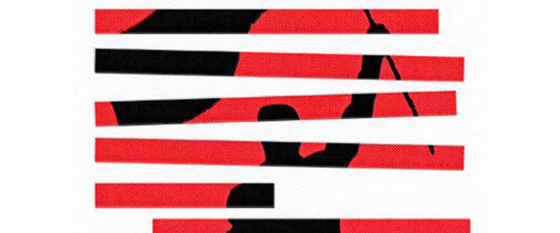Who Is The Contemporary Radical?

Who Is The Contemporary Radical?
Talk @ No-Space, November 4, 7 pm
67 West St, #304
Brooklyn, NY 11222
In conjunction with a new project that is planned to launch in 2014, Not An Alternative is hosting a programming series where we ask visiting speakers the question ‘who is the contemporary Radical?’.
Our expectation isn’t that any one speaker will provide a complete picture, but that by offering responses that derive from guests’ particular areas of research or interest the collection of presentations will begin to describe a form. Where is the Radical succeeding, and failing? How is the Radical responding to the contemporary moment? How does the Radical’s practice mark a division from the dominant paradigm?
We start with our first guest, theorist Alberto Toscano, this Monday, November 4th. We hope you can join us, more info below.
Who Is The Contemporary Radical? A presentation series organized by Not An Alternative
“Machiavelli’s Prince could be studied as a historical exemplification of the Sorelian myth–i.e., of a political ideology presented neither as cold utopia nor as doctrinaire ratiocination, but rather as the creation of a concrete fantasy which acts on a dispersed and atomized people to arouse and organize its collective will.” -Antonio Gramsci
The contemporary State claims that there exists “a threat” that is very real. It invokes this threat as it attempts to justify expansion of its power. The most cursory research reveals, however, that the State’s so-called “enemy” is produced out of abstractions. The State enjoins us to fear radicals, extremists, anarchists, terrorists, communists, and fundamentalists, as one and the same. Perpetually shifting and without concrete referents, we are presented with a generic threat.
Recent exposure of the massive expansions in the surveillance infrastructure point to the abolition of limits regarding the object of spying. No one is without suspicion. Anyone could be a potential threat. In spite of the inefficiency of this glaring imprecision the State’s claim that “the radical exists” justifies ever-increasing expenditures in a variety of domains.
At a time when we are told that governments everywhere are out of money the State finds value in acting as if it believes that the radical exists. Most on the Left, however, are skeptical. Most share the view that the State imposes its labels on individuals, groups, and populations with no regard for evidence. For the Left, “Reality” dictates that revolutionary potential has to be created “because there is no real movement that exists yet.”
In the upcoming programming series, “Who Is The Contemporary Radical?” Not An Alternative will reverse the Left’s “realistic” position. Conversation starts not from a place of lamenting what doesn’t (yet) exist or from a place of desiring something that should or could exist. Instead we proceed from a presumption that correlates with Gramsci’s quote. It’s not a matter of what is to be done but of what is already being done. The contemporary radical exists. Our hope is that the collection of presentations will present the contours of this collective subject, contributing thereby to “the creation of a concrete fantasy which acts on a dispersed and atomized people to arouse and organize its collective will.”
ABOUT ALBERTO TOSCANO
Alberto Toscano is lecturer in sociology at Goldsmiths, University of London. Toscano is a member of the editorial board of the journal Historical Materialism: Research in Critical Marxist Theory. He is a cultural critic, social theorist, philosopher and translator best known to the English-speaking world for his translations of the work of Alain Badiou, including Badiou’s The Century and Logics of Worlds. He is the author of The Theatre of Production (2006), and his book Fanaticism: The Uses of an Idea (2010).
From Wikipedia: “Toscano’s work has been described both as an investigation of the persistence of the idea of communism in contemporary thought and a genealogical inquiry into the concept of fanaticism. In an article on the Tarnac 9 case, written for The Guardian in December 2009, Toscano argues that society is losing its ability to distinguish between vandalism and terrorism.”
Date
November 4, 2013



